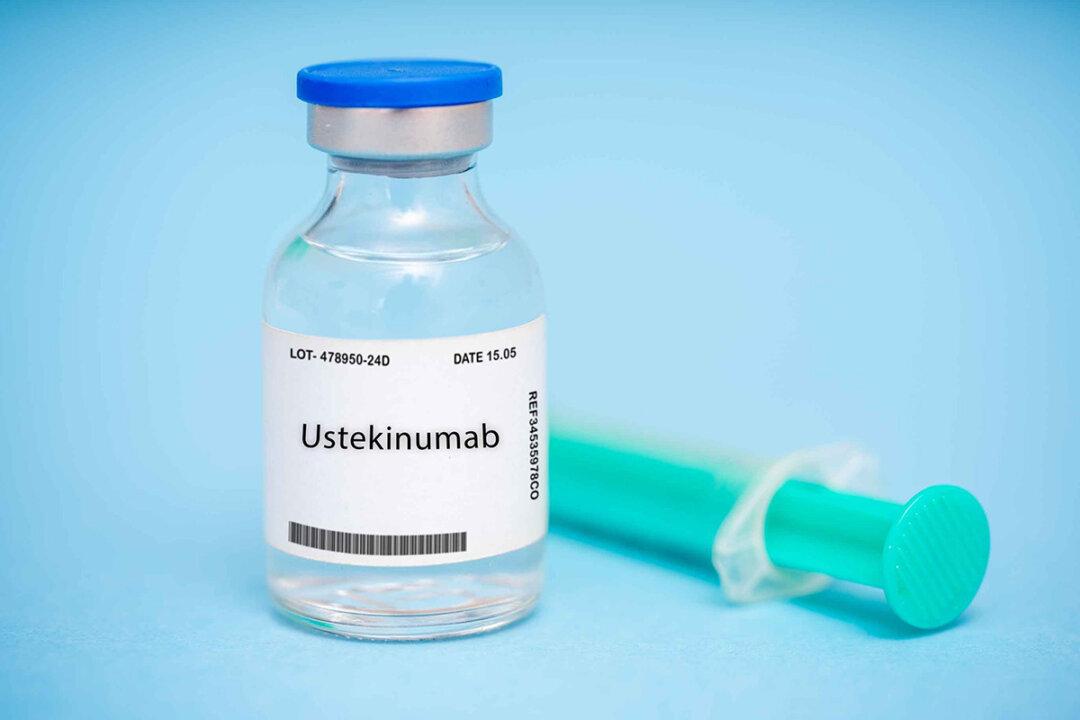A new study reveals a surprising dual benefit for diabetics taking glucagon-like peptide 1 receptor agonists (GLP-1 agonists).
Beyond their role in regulating blood sugar levels, these injectables—popularly known for their off-label use as weight loss medications—emerge as formidable guardians against colorectal cancer.
Protection Especially for the Overweight
GLP-1 agonists exhibit a more significant impact on people classified as obese or overweight, according to a nationwide cohort study published in the Journal of American Medical Association Oncology. This suggests a potential protective effect against colorectal cancer, partially attributed to weight loss, the authors wrote.Researchers analyzed health records from over 1.2 million patients with type 2 diabetes, across 59 U.S. health care organizations who had either been prescribed an antidiabetic medication before or had never taken antidiabetic medication.
Over 15 years, GLP-1 agonist users demonstrated a lower risk of colorectal cancer compared to those using common medications such as insulin, metformin, sodium-glucose cotransporter-2 (SGLT2) inhibitors, sulfonylureas (e.g., Micronase, Amaryl, Glucotrol, Tolinase), and thiazolidinediones (e.g., Actos, Avandia, Oseni).
Why It Matters
The American Diabetes Association has recognized the link between type 2 diabetes and colorectal cancer, highlighting its seriousness. Numerous studies substantiate this connection. Researchers have identified links between the two conditions, including hyperglycemia, obesity, chronic inflammation, and exposure to fecal carcinogens.Compounding the issue, colorectal cancer ranks as the second leading cause of cancer-related deaths, with a projected worldwide patient count of 2.5 million by 2035, according to the National Institutes of Health National Library of Medicine.
Colorectal cancer treatment varies based on the cancer stage but typically involves surgery. Survivors often report diminished quality of life, both physically and mentally, especially in the initial three years, grappling with fatigue, sleep issues, depression, negative body image, sensory neuropathy, gastrointestinal problems, urinary incontinence, and sexual dysfunction.
GLP-1 agonists offer a promising avenue.
Studies indicate an average weight loss of 10.5 to 15.8 pounds for people using GLP-1 agonists.
The medication’s impact on heart disease, blood pressure, and cholesterol remains unclear, with researchers questioning whether these benefits stem from the drug itself or the associated weight loss.
There are risks and downsides associated with the medication, including nausea, vomiting, and diarrhea. Additionally, individuals with a history of medullary thyroid cancer, multiple endocrine neoplasia, or pancreatitis are advised against using GLP-1 agonists.







